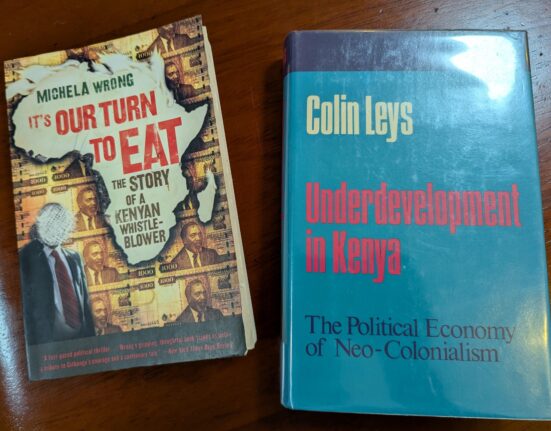Ghanaian rapper Amerado recently sparked conversation and introspection within the music industry by candidly admitting that he doesn’t find joy in being an artist. In a surprising revelation, he shared that his foray into the music world was not driven by a deep-rooted passion for the craft but rather by a necessity for survival. This honest confession from a prominent figure in the Ghanaian music scene has raised eyebrows and invited contemplation on the true motivations and struggles of artists in the modern music landscape.
Amerado’s statement sheds light on a lesser-explored aspect of the music industry, where the glamour and fame often overshadow the challenges and sacrifices that artists face behind the scenes. While many perceive a career in music as a glamorous pursuit fueled by creative passion, Amerado’s revelation peels back the layers to reveal a more complex reality. His admission challenges the romanticized notion of the tortured artist driven solely by creative passion and brings to the forefront the practical considerations and pressures that can influence an artist’s career choices.
In an era where social media amplifies the highlight reel of artists’ lives, showcasing their successes and accolades, it is refreshing to encounter a public figure like Amerado who is willing to share the less polished aspects of his journey. This transparency not only humanizes him but also resonates with fellow artists and aspiring musicians who may be grappling with similar internal conflicts and pressures.
Amerado’s candid admission invites us to reflect on the multifaceted nature of artistic pursuits and the diverse motivations that drive individuals to choose a career in music.
Beyond Amerado’s personal experience, his revelation prompts a broader conversation about the intersection of passion and pragmatism in the creative industry. While artistic endeavors are often perceived as intrinsically linked to passion and self-expression, the reality for many artists, like Amerado, may involve navigating commercial demands, financial constraints, and societal expectations.
Expert analysts suggest that Amerado’s story underscores the need for a more nuanced understanding of the music industry, one that acknowledges the diverse motivations and challenges faced by artists. By highlighting the complex interplay between passion, survival, and external pressures, Amerado’s narrative serves as a poignant reminder that artistic pursuits are not always a straightforward path paved with unbridled passion and creative fulfillment.
Aspiring artists and industry insiders can glean valuable insights from Amerado’s experience, recognizing that the journey to artistic fulfillment is often a nuanced and multifaceted one.
The implications of Amerado’s revelation extend beyond the realm of music, resonating with individuals in various creative fields who may grapple with similar internal conflicts and external pressures. His story prompts us to reconsider the narratives we construct around artists and creatives, challenging us to embrace a more holistic view that acknowledges the diverse motivations and challenges that shape their journeys.
In conclusion, Amerado’s candid reflection on his ambivalence towards being an artist serves as a powerful reminder that creative pursuits are often shaped by a complex interplay of passion, pragmatism, and external influences. By sharing his personal struggles and motivations, he invites us to reexamine our perceptions of artists and to cultivate a deeper understanding of the multifaceted nature of artistic endeavors. Amerado’s story stands as a testament to the resilience and authenticity of artists who navigate the intricate terrain of creativity and commerce, striving to find their voice amidst the cacophony of expectations and pressures.









Leave feedback about this